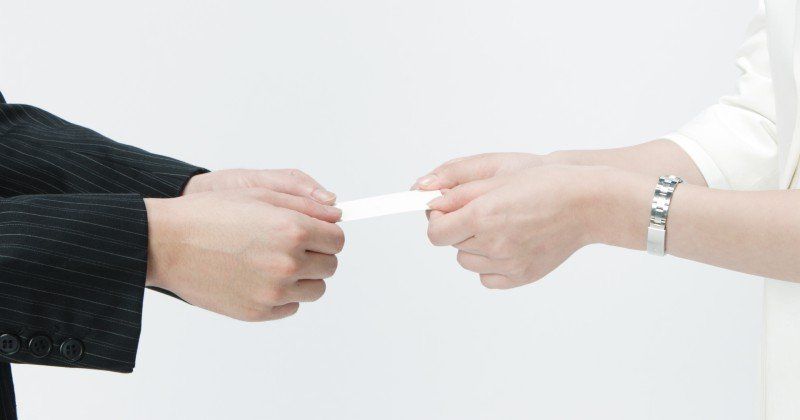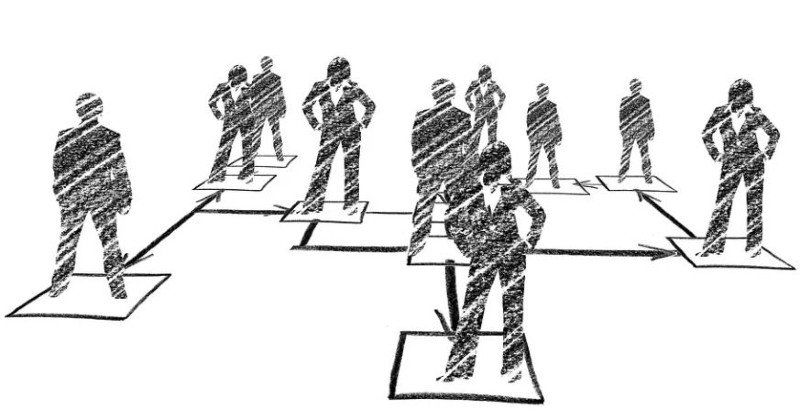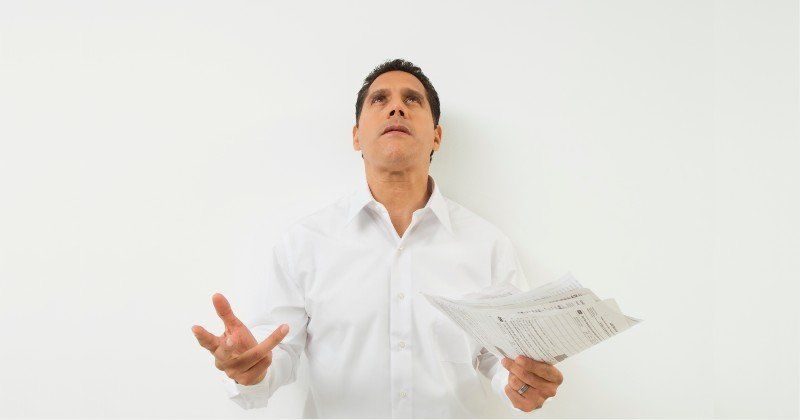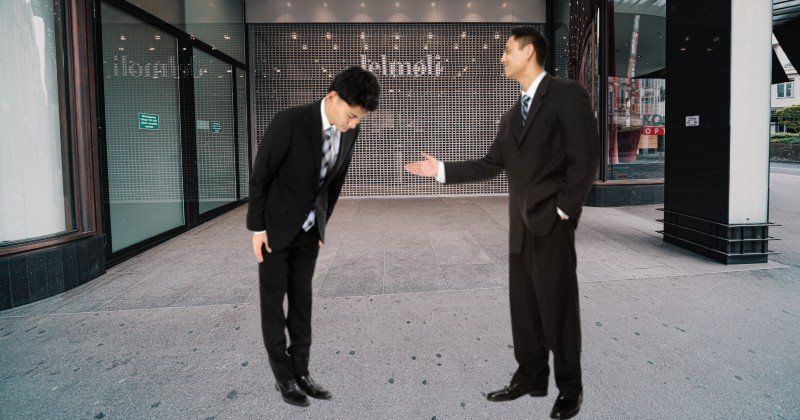Business Attire in Japan
Picture this:
Today, Steven has a meeting at a restaurant with a Japanese company that is interested in his services as an online marketing director.
They want to launch an online marketing campaign for the holiday season, which is right around the corner.
It's mid-December, and he's wearing a white suit with a colorful tie because it's almost Christmas. The white sport socks he has on have a couple of holes. He has his computer, along with his gym clothes, in a bulky backpack.
If you are like Steven, you will likely never receive a call back from a Japanese company in such a scenario.
So, what did Steven do wrong?
In Japan, business attire can speak much louder than its western counterparts in regards to conveying the appropriate level of professionalism and respect. Even in situations like Steven's, where the holiday season is right around the corner, wearing bright suits to stand out is not the most appreciated way of celebrating the festive atmosphere. So, what are the proper steps to make sure you don't over dress going into your meeting with a Japanese company, you may ask? Well, here are some tips to remember when getting ready for your meeting in Japan.
Follow the dress code according to the season
Wearing a brightly-colored suit or business attire is never appropriate in a business setting in Japan. However, the common color of Japanese business attire often changes with the season, so it is important to assimilate to this unspoken rule. Businessmen and women wear grey suits during the summer, as it can be much too hot to wear a black suit. Thus, black suits are most often reserved for the cooler months. Cool Biz, wearing a short-sleeve button-down shirt, without jacket or tie, is quite common in the warmer months, particularly during the humid Japanese summers.
For women, the "rules" seem to be less defined, but it would be wise to avoid wearing a top that reveals the shoulders or cleavage. Mini-skirt are also best avoided in a business environment.
Dress Conservatively
Bringing more items than necessary does not reflect well on one's business acumen. It is usually advisable to only take what you need to the meeting. Having a bulky backpack with all of your personal belongings can be taken as a sign of being unorganized or that one is poor at setting priorities, especially if it distracts or causes any sort of delay in the meeting. A small backpack or a thin briefcase is recommended to show you are organized and tidy.
Clean Socks
Clean socks are important in Japan. You may wonder why, because no one will see what's in your shoes, right?
However, in some restaurants or offices, and just about all houses in Japan you will be expected to remove your shoes. When you do, you don't want to have holes in your socks as you will look unprofessional.
You don't want to lose a job opportunity because of the holes in your socks. Although, this will likely not come up in a business meeting, it's better to be safe nonetheless.
If you are unfamiliar with such customs, take a bit of time before your meeting to take note of what other business people are wearing and follow "suit". Be sure to avoid making the same mistakes Steven made
Browse by Topic














